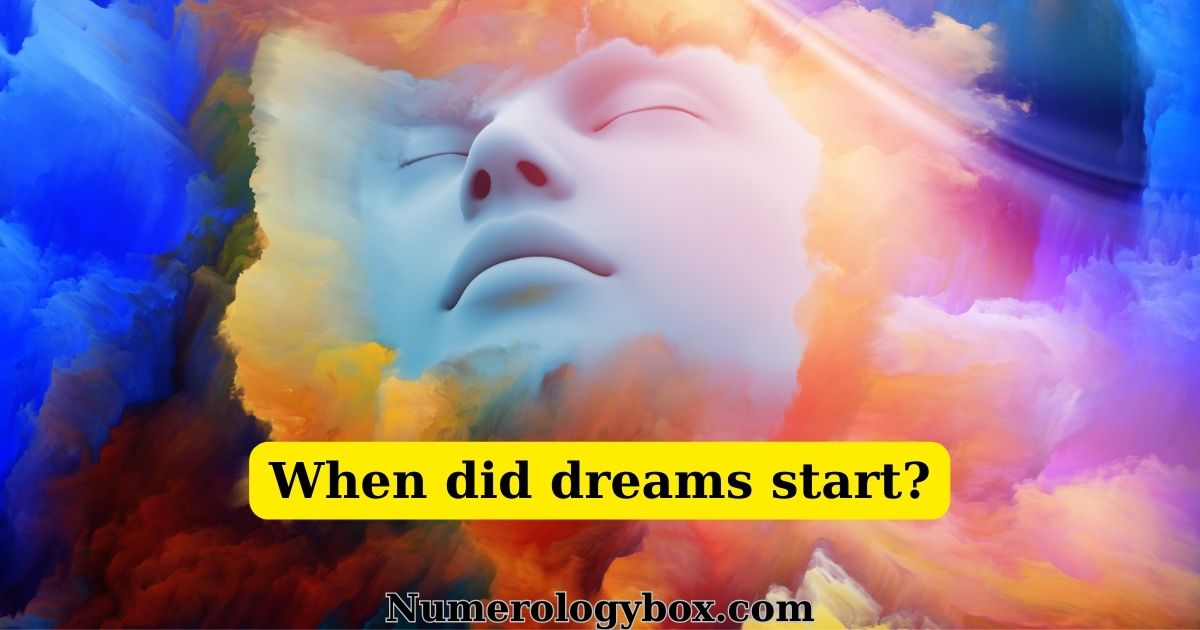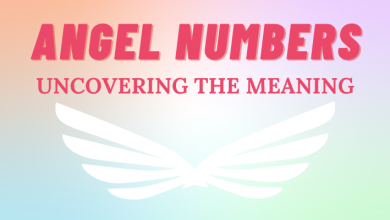When did dreams start?
When did dreams start?

Dreams have been a mystery to humans since the beginning of time. They have been interpreted in many ways, from prophetic visions to subconscious reflections of our waking lives. But when did dreams actually start? In this blog, we will explore the origins of dreams and how they have been understood throughout history.
What are dreams?
Before we dive into the history of dreams, let’s define what they are. Dreams are a series of thoughts, images, and sensations that occur during sleep. They are often a mix of memories, emotions, and imagination. While we don’t fully understand the purpose of dreams, they are an essential part of our sleep cycle and play a crucial role in our mental and emotional wellbeing.
The origins of dreams
The origins of dreams are difficult to pinpoint, as they have been a part of human experience for as long as we have existed. Ancient civilizations, such as the Greeks and Egyptians, believed that dreams were messages from the gods or spirits. They used dream interpretation as a way to gain insight into the future and to make decisions.
The Greek philosopher Aristotle believed that dreams were the result of the brain trying to make sense of random neural activity during sleep. He saw dreams as a byproduct of the body’s natural processes, rather than a divine message.
The role of dreams in psychology
In the 19th century, Sigmund Freud developed a theory of dream interpretation that focused on the subconscious mind. He believed that dreams were a reflection of our deepest desires, fears, and anxieties. Freud’s theory has been influential in the field of psychology and is still studied and debated today.
In the 20th century, researchers began to study the physiological processes that occur during sleep, including dreams. They discovered that we experience different types of sleep, including REM (rapid eye movement) sleep, which is when most dreams occur. This led to a better understanding of the biological processes that occur during sleep and the role of dreams in our mental and emotional wellbeing.
Conclusion
Dreams have been a part of human experience since the dawn of civilization. They have been interpreted in many ways, from messages from the gods to reflections of our subconscious mind. While we still don’t fully understand the purpose of dreams, they are an essential part of our sleep cycle and play a crucial role in our mental and emotional wellbeing. By exploring the history and science of dreams, we can gain a better understanding of this mysterious aspect of our lives.
FAQs
What are dreams?
Dreams are a series of thoughts, images, and sensations that occur during sleep. They are often a mix of memories, emotions, and imagination.
Why do we dream?
The purpose of dreams is not fully understood, but they are believed to play a role in processing emotions, consolidating memories, and problem-solving.
What is lucid dreaming?
Lucid dreaming is a state where the dreamer is aware that they are dreaming and can sometimes control the content of their dream.
Can dreams predict the future?
While some people believe that dreams can predict the future, there is no scientific evidence to support this claim.
Why do we forget our dreams?
Dreams are forgotten because they are not stored in long-term memory unless we actively try to remember them.
Are nightmares a sign of mental illness?
Nightmares can be a symptom of a mental illness such as anxiety or PTSD, but they can also be caused by other factors such as medication, sleep deprivation, or stress.
Can we learn while we sleep?
While we cannot learn new information while we sleep, we can consolidate memories and improve our ability to recall information we have already learned.
Do animals dream?
Yes, many animals have been observed exhibiting behaviors during sleep that suggest they are dreaming.
Relation:
What Are Angel Numbers? & How can you find your angel numbers?
Does God speak to you in dreams?
Source: https://numerologybox.com
Category: Angel Number

